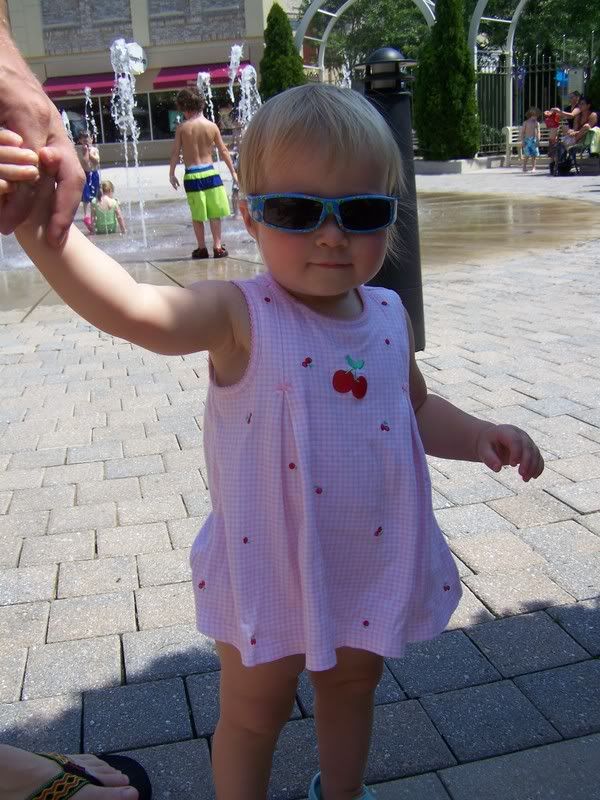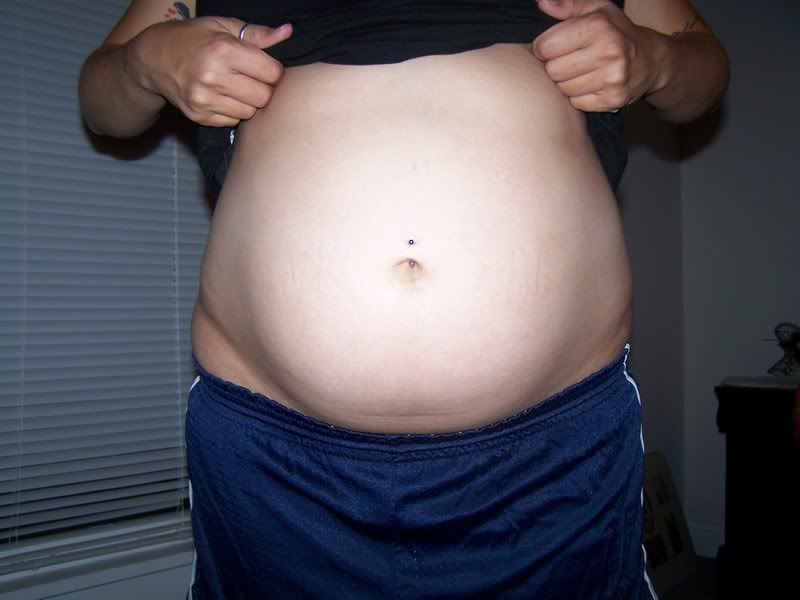
“Flipping the Paradigm: Race and Gender in Sojourner Truth’s
‘Ain’t I A Woman’ Speech”
It is important to take into consideration both accounts of the speech by Sojourner Truth at the Women’s Rights Convention in Akron, Ohio. Both possess an insight into the historical experience of our orator as woman, black and slave. While each imbued a different tone, both speak to the condition of women, but more importantly allow us to bring to light the importance of recognizing the woman in the black slave, the position of all women in society and the social hierarchy that dominated the time. In this essay, I want to look first at Truth’s version of the body, as juxtaposed to the dominant paradigm of womanhood. Second, I want to look at the way she is situated within the social hierarchy, as both black and a woman. Lastly, I will take into consideration motives of both authors of the speech and the way they situate Truth into the movement as abolitionist and woman.
In both speeches, there is an emphasis on Truth as having a body. Alison Piepmeier argues in Out in Public: Configurations of Women’s Bodies in Nineteenth-Century America, the deliberateness on Truth’s part to “engage with the women’s rights at the most literal level, the level of the body” (92). In the Bugle version she is quoted as saying:
I have as much muscle as any man, and can do as much work as any man. I have plowed and reaped and husked and chopped and mowed, and can any man do more than that? (Truth 247).
Her emphasis here is to compare herself to men as an advocate of women’s rights. She is equalizing herself as a woman on the terms of ability. To the women present, she was viewed as almost masculine; to the men, she was a competitive force. In this period, when men were so detached from their work through the use of slaves, it is doubtful that many of the men in the audience would be able to rival her in strength. Yet, her experience greatly varied from that of the women in the audience.
It can be argued that her “presence does a great deal to undermine the notion of nineteenth-century women as domesticated beings.” (Piepmeier 93). It is doubtful that most, if not all, the women there were unable to compare themselves to her physically or in terms of labor ability. There was at the time an emphasis on white, middle class woman as mother and wife, serving their purpose in the private sphere of the home. Truth, on the other hand, came from work, and the luxury of being a housewife was unbeknownst to enslaved black women. Her emphasis on body could then in turn serve as a rebuttal to not only the men, but also to the white women who were fighting for the right to something Truth had known and been subjected to all along. Her indirectness calls into question the issue of slavery and the class issue that was facing the country at the time.
In the Gage version of the speech, the emphasis still focuses on body but there is a feminine quality added. This is done both through the addition of “a’rn’t I a woman?” as well as when she brings into the speech her ability to birth: “I have borne thirteen children and seen 'em ‘moss all sold off into slavery…” (Truth 248). Her ability to birth makes her distinctly female in spite of her abilities in strength. Her argument that “a’rn’t I a woman” serves to re-emphasize that womanhood is not as static as it was believed to be in the nineteenth century. This was a much more direct challenge to the women in the audience, compared to the Bugle version of the speech, which seems to be challenging men without bringing up the issue of slavery nearly as boldly.
With the Bugle version, the intent seems to be to lump all slaves together, with no distinction for gender. In this way they were able to divide the issue of abolition and women’s rights to serve the purpose of the Anti-Slavery Bugle. After all, being an abolitionist didn’t necessarily make you a feminist. This could be the main cause of the discrepancy between the two speeches. The Bugle was speaking from the abolitionist cause while Gage was speaking from the feminist side.
Taking this into consideration, one can clearly recognize the motive behind lines quoted in The Bugle, such as:
As for intellect, all I can say is, if woman have a pint, and man a quart—why can’t she have her little pint full? You need not be afraid to give us our rights for fear we will take too much, —for we can’t take more than our pint’ll hold. (Gates 247).
There can be seen a sexist air to these lines, as they imply that women are inferior to men in intellect. On the other hand, Suzanne Pullon Fitch and Roseann Mandziuk argue in Sojourner Truth as Orator: Wit, Story and Song, that Truth was a master of humor and satire in her speeches.
Sojourner Truth used superiority humor to advance black people, women and herself. She placed African Americans above whites, women above men, and herself above learned people(34).
Perhaps, then, what she is doing in this piece is using humor to quell her opponents through incongruity. If one takes into consideration this theory, then we can see that Truth did not seriously consider women to be less intellectual then men, or any less worthy of rights. Instead, she is rebutting with an absurdity that was common myth at the time.
While Gage also situates Truth in the context of either slave or woman, she isn’t as non-racial as The Bugle. Erlene Stetson and Linda David state:
Both Frances Gage and the Bugle reporter wrote that Truth said that the white man was caught between the slave and the white woman; but the Bugle reporter chose a neutral nonracial expression to show the white man’s predicament, “between a hawk and a buzzard,” in preference to the more specific and more threatening position “between the negroes of the South and the women at the north all talking about rights (118).
The purpose this serves for the Bugle seems to be to not nearly as much offend the white male abolitionist constituency that reads their paper. For white men, it doesn’t seem nearly as threatening to be stuck between two inferior groups of people when they are compared to birds. Although both birds of prey, they aren’t of the same species, therefore it isn’t a united front against white men. The lack of nonracial imagery doesn’t evoke the hard reality of slavery in the south and makes the speech that much more palatable for the readers of their paper. Gage on the other hand seems to want to threaten the white male readership with a threat of impending doom by two groups that are coming together to bring their demise. She wants to invoke a sense of fear in men. Neither recognizes the gender division in the group “slave.”
Whether you lean more towards one speech of the other, it seems unarguable that “Sojourner Truth was the stuff of antislavery legend” (Gates 245). Both of her speeches beautifully articulate a need for the rights of all people, regardless of how well they fit into a dominant social definition of what it meant to be woman and human. She was a champion of equalizing people, regardless of race, class, gender or ability. The now famous title of her speech also became the “crux of her challenge as a black woman to racial and sexual stereotypes that few had the foresight to address so courageously” (246).
For this, and so much more, we have her to thank whenever a woman looks at herself compared to the social paradigm and thinks, “ain’t I a woman?”
WORKS CITED
Fitch, Suzanne Pullon and Roseann M. Mandziuk. Sojourner Truth as Orator: Wit, Story
and Song. Westport: Greenwood Press, 1997.
Truth, Sojourner. "Arn't I A Woman.: Henry Louis Gates Jr. and Nellie Y. McKay, Ed.
The Norton Anthology of African American Literature. 2nd ed. New York: Norton, 2004.
245-249.
Piepmeier, Alison. “As Strong as Any man: Sojourner Truth’s Tall-Tale Embodiment. "
Out In Public: Configurations of Women’s Bodies in Nineteenth-Century
America. Chapel Hill: University of North Carolina Press, 2004 .92-128.
Stetson Erlene and Linda David. Glorying in Tribulation: The Lifework of Sojourner
Truth. East Lansing: Michigan State University Press, 1994.
 A double stroller for those rare times when i actually have to go out of the house with two kids under two years old....
A double stroller for those rare times when i actually have to go out of the house with two kids under two years old.... a place for the baby to sleep. we realized with caden that he never used his crib until he was well over a year. but our bed is too big and too soft for the new baby to sleep in the bed with us. this will allow her to sleep right next to me...still co-sleeping.
a place for the baby to sleep. we realized with caden that he never used his crib until he was well over a year. but our bed is too big and too soft for the new baby to sleep in the bed with us. this will allow her to sleep right next to me...still co-sleeping.
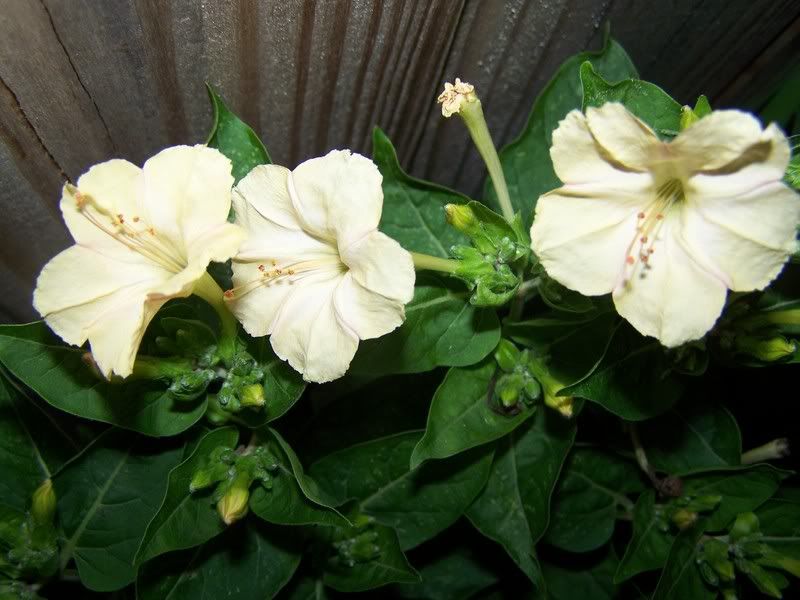

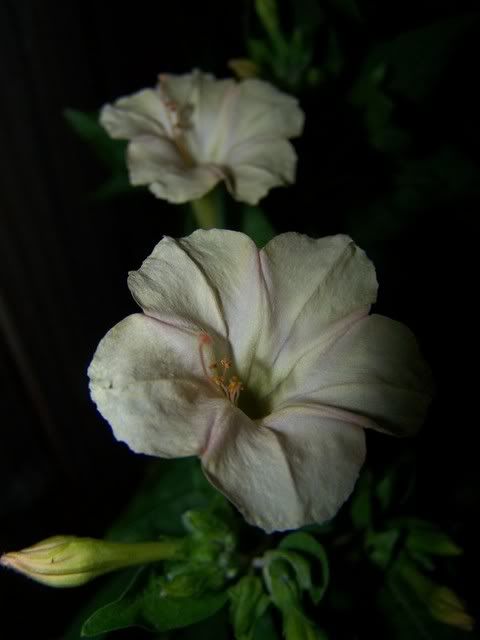
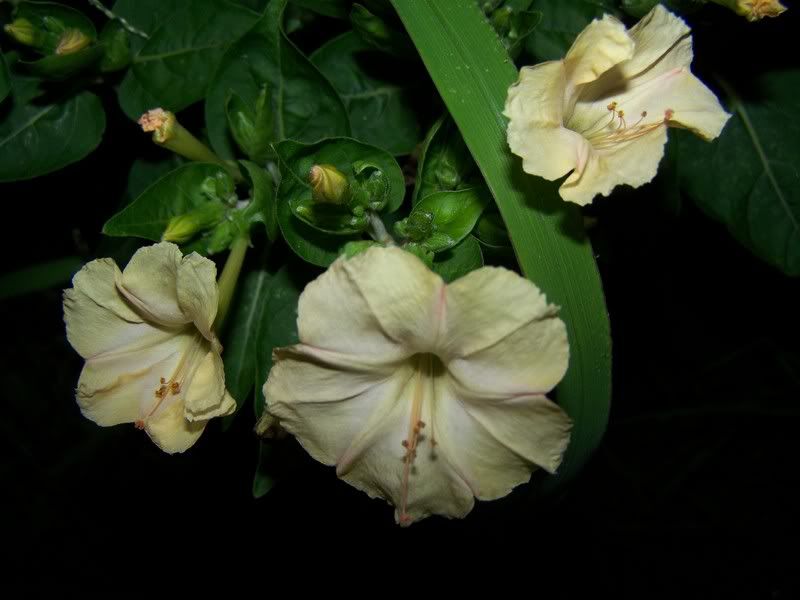
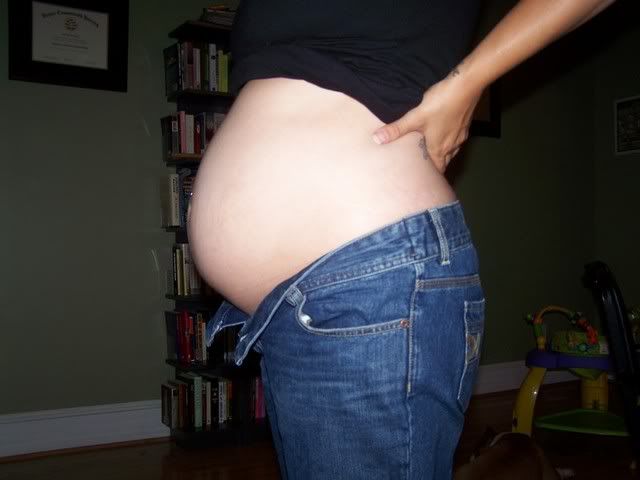
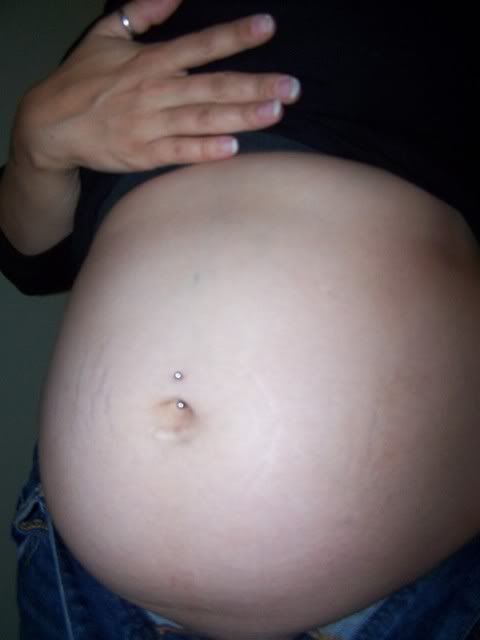

 this was on the way to the event. (*above and below*) we stopped to pick up a side dish...
this was on the way to the event. (*above and below*) we stopped to pick up a side dish...
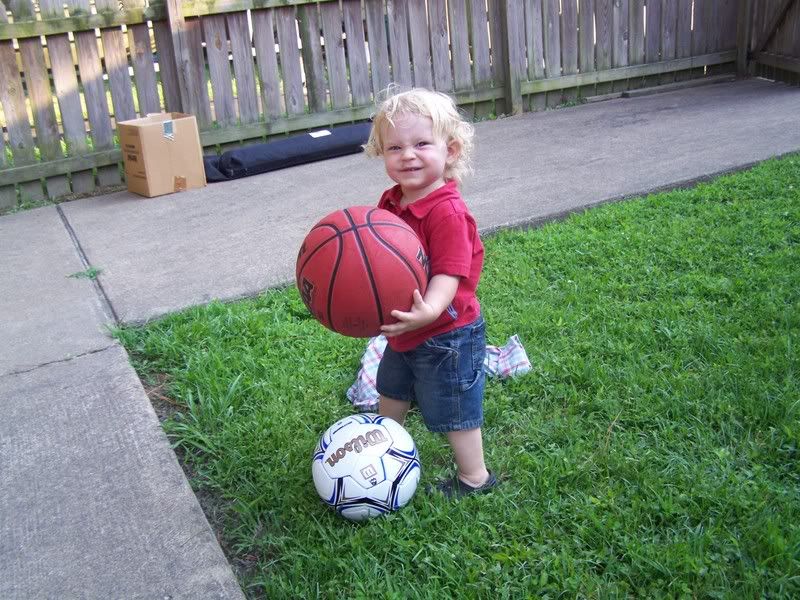 i think his face here is priceless....so is hers. this is his cousin once removed? my cousin's daughter. thats easier. she is about four. they LOVE each other when they get to see one another.
i think his face here is priceless....so is hers. this is his cousin once removed? my cousin's daughter. thats easier. she is about four. they LOVE each other when they get to see one another.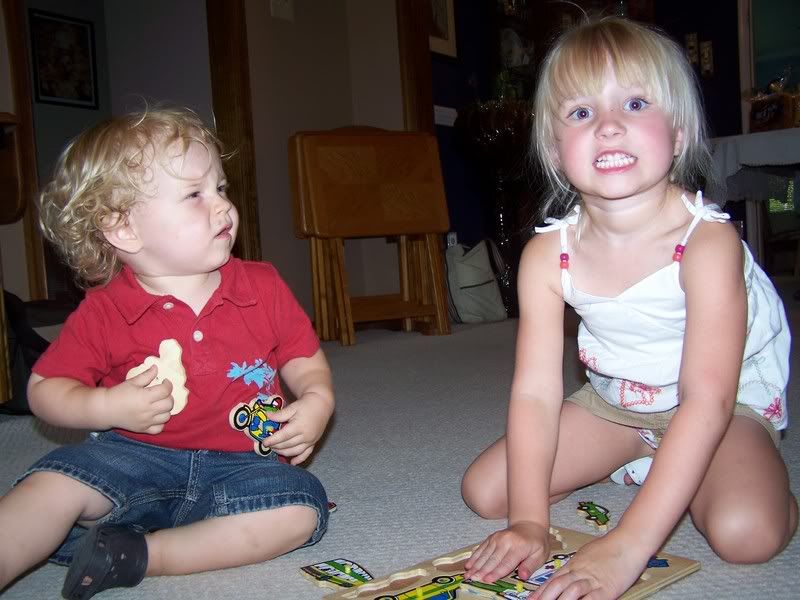
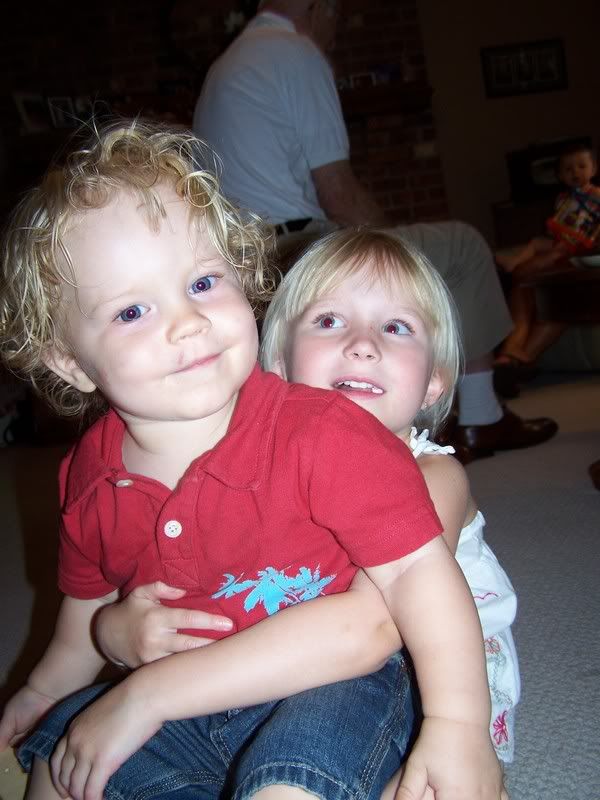
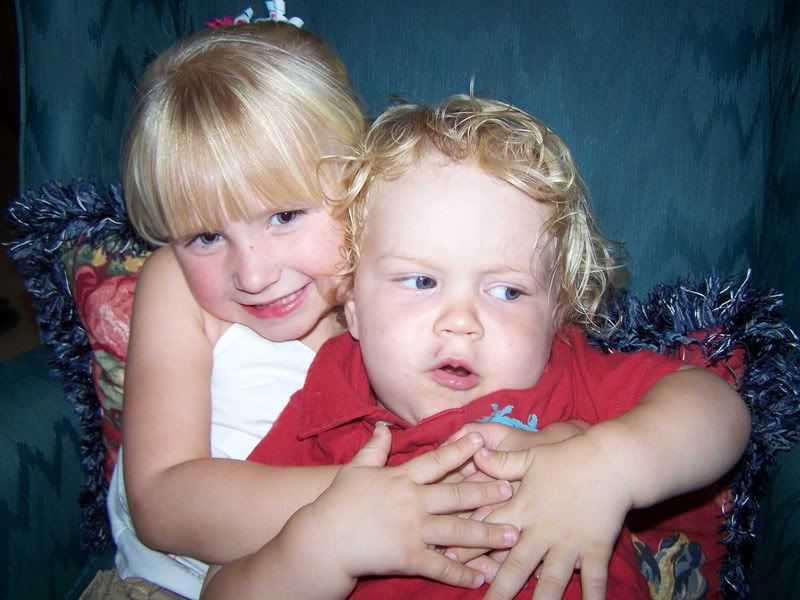 and this is all three great-grandchildren. the two on the left are sisters. then there is caden and soon there will be four...
and this is all three great-grandchildren. the two on the left are sisters. then there is caden and soon there will be four...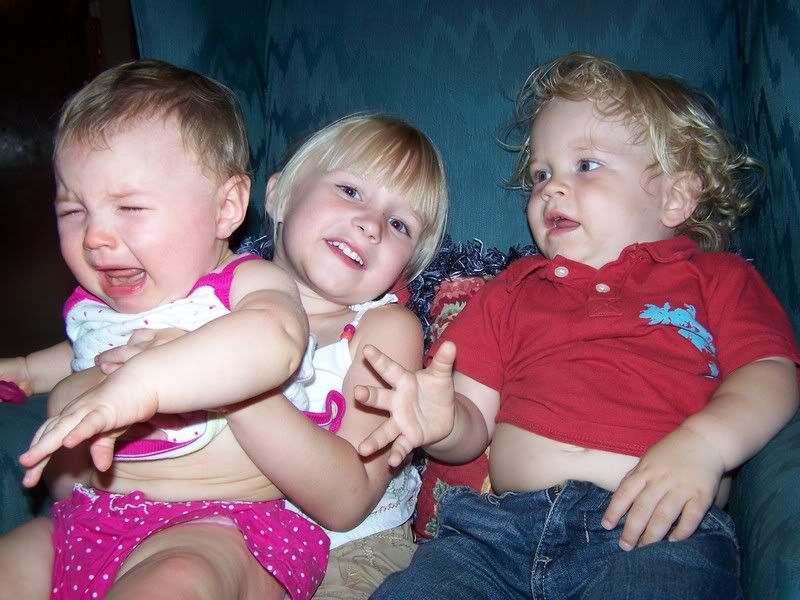 and just because she is so darn cute. this is caden's girlfriend, zelda. by far his best friend in the WHOLE WIDE WORLD. the really do love one another.
and just because she is so darn cute. this is caden's girlfriend, zelda. by far his best friend in the WHOLE WIDE WORLD. the really do love one another.